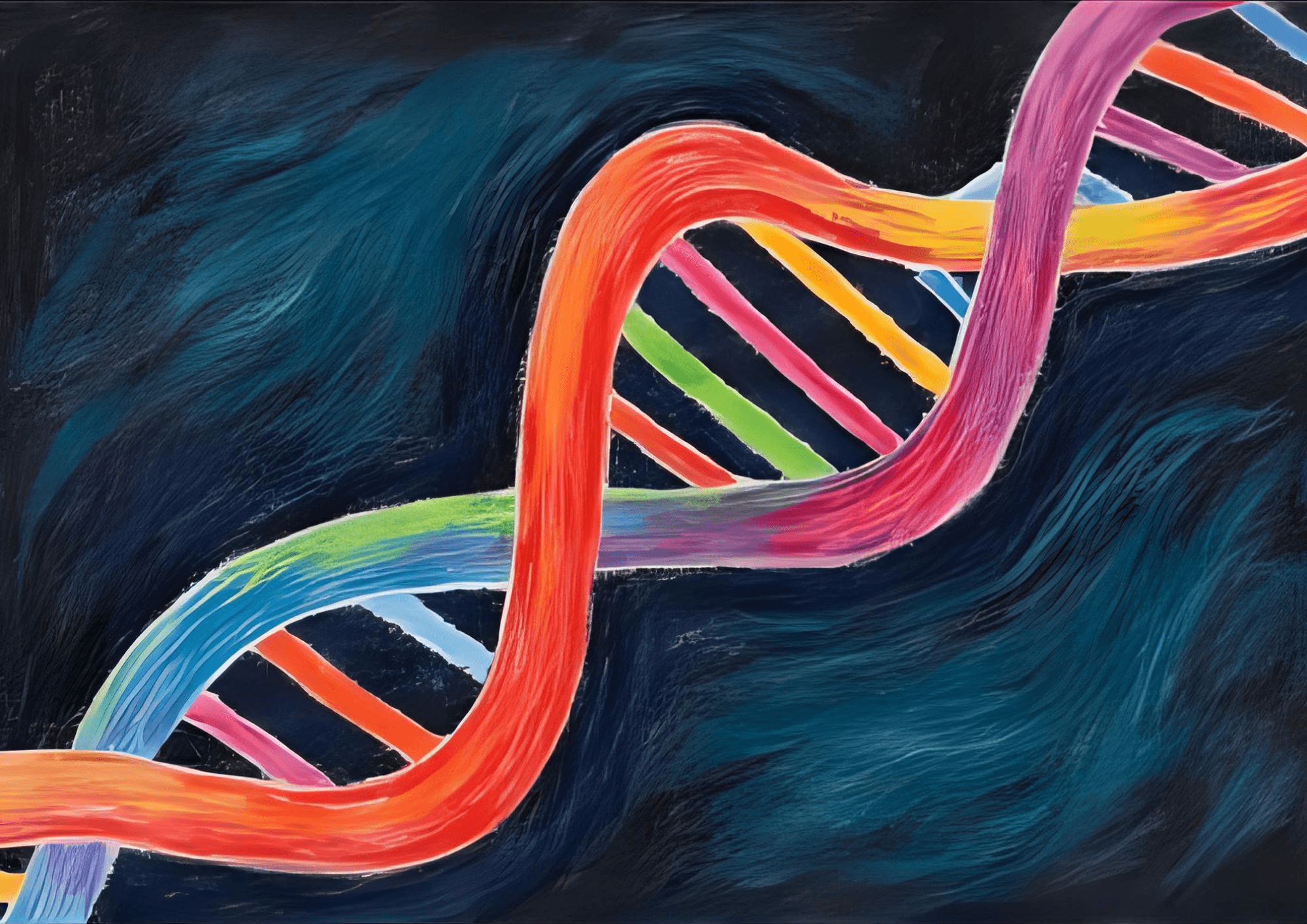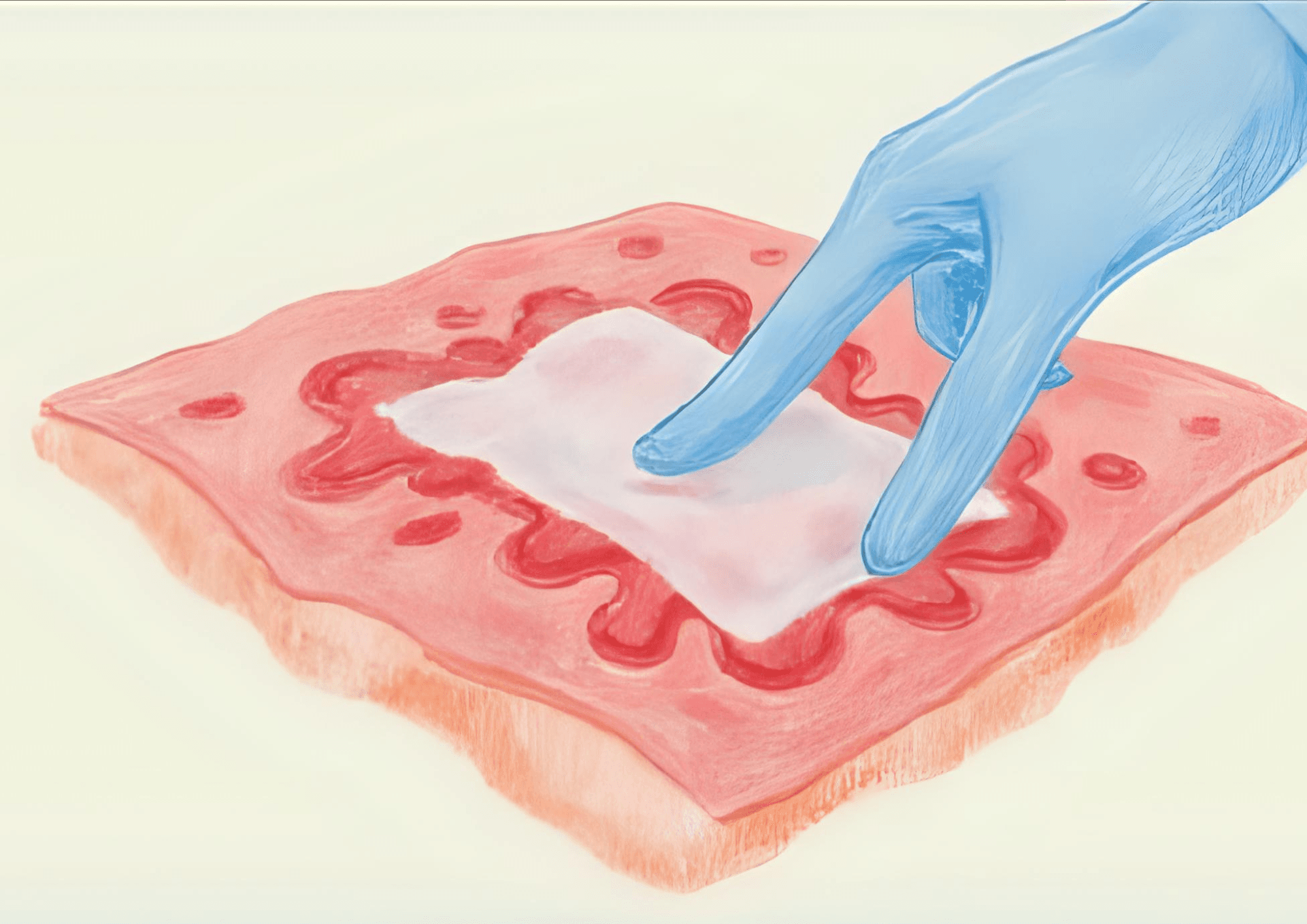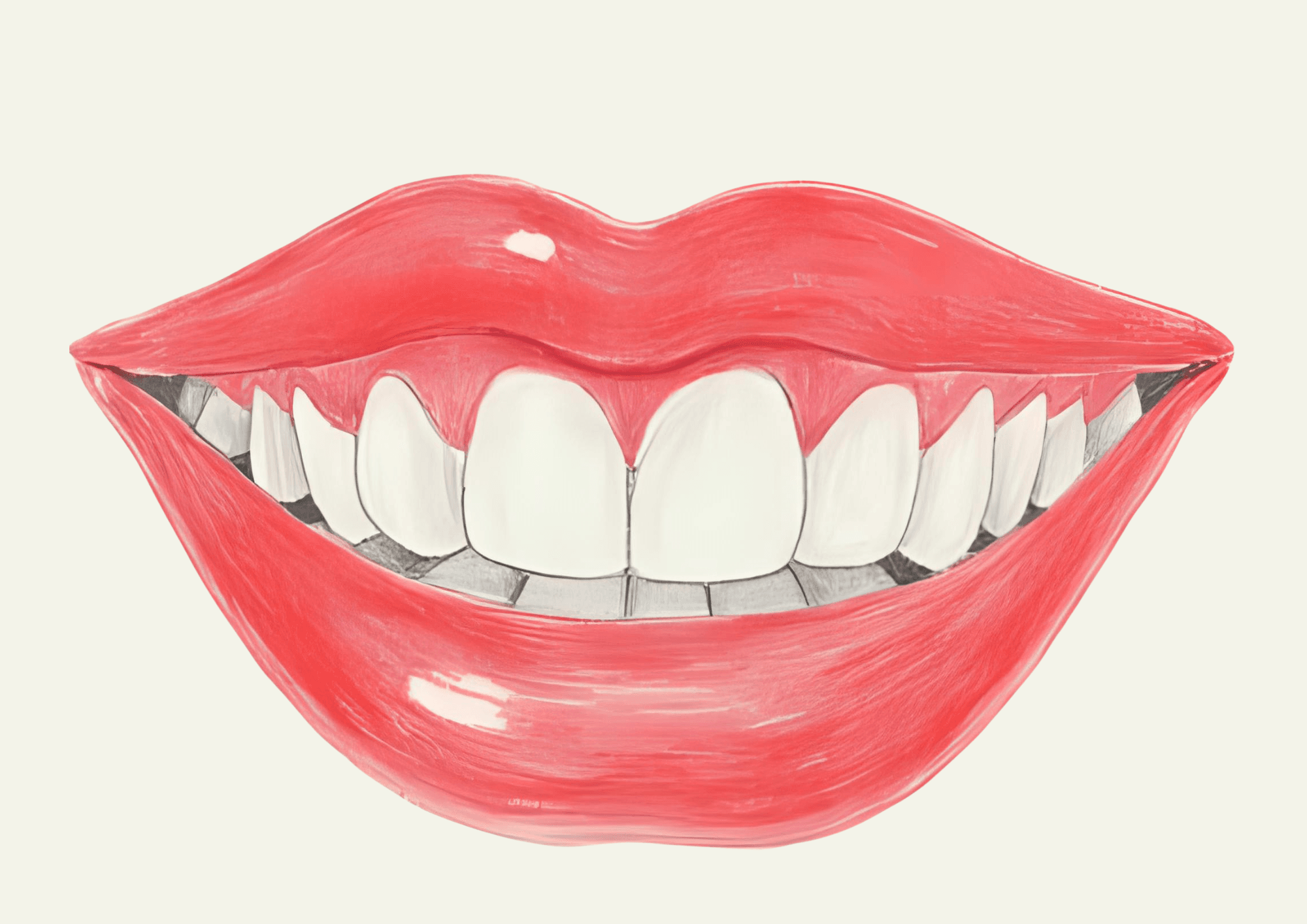17 Jul 2025
9 MIN READ
Hormonal imbalance with age and its effects
Like you message your friends, your hormones flow through your blood, sending messages to each organ about what it should do.
Your hormones balance your mood to metabolism. When you grow old, these hormone levels decrease, creating issues in physical and emotional health.
The hormone levels soar during adolescence and drop without anyone noticing them. As a result, age-related hormonal imbalance is common to both genders.
So, if we keep ourselves ready for the age-associated hormonal changes, we might maintain our health by taking some early measures.
70% of US women are unaware that they have Polycystic Ovary Syndrome, as revealed by a survey.
Knowing about hormones
Multiple glands in our bodies secrete specific hormones. These hormones regulate your body’s:
-
Temperature
-
The body’s internal environment
-
Structural development
-
Sexual desires and reproduction
-
Behavior
-
Sleep cycles
-
Immune reflexes
-
Metabolism ( food to energy formation)
Hormonal challenges with aging: Men vs Women
Researchers from the London University discovered that our hunger hormones can change our brain’s reactions to hungry or fullness.
As men age, their testosterone levels drop after 30. Similarly, aging women have troubles with declining progesterone and estrogen levels.
The effect of other hormones with age:
Each hormone’s level declines with age, irrespective of gender. A few of the effects include:
-
Somatotropin reduces bone strength and muscle mass
-
Thyroid hormone increases cardiovascular risks, fatigue, and weight gain
-
Cortisol levels impact bone and muscle functions
-
Melatonin disturbs the sleep cycle
-
Aldosterone causes a drop in blood pressure
Addressing hormonal imbalance
Have you ever wondered that our body produces 30 different hormones?
If we are aware of the consequences, we can be alert about the present. So, the effective ways to address hormonal imbalance are:
-
Fiber intake
-
Exercise daily
-
Ensure a sound sleep at night
-
Consume healthy fats
-
Add proteins to meals
-
Weight management
-
Reduce caffeine and alcohol
-
Quit smoking
-
Stay away from environmental toxins
-
Stress management
A few supplements to balance your hormones
Several supplements help you maintain your blood hormone levels.
They are:
-
Vitamin D
-
Magnesium
-
Omega 3
-
Vitamin B complex
-
Zinc
-
Probiotics
-
Coenzymes
Herbal supplements are available in capsules, tea, or freshly harvested, like:
-
Ashwagandha
-
Black cohosh
-
Lemon Balm
-
Valerian
-
Vitex
-
Turmeric
-
Ginger
-
Dandelion
-
Maca root
How to know your hormone levels are dropping?
Hormones were found in the 20th century.
Blood, urine, or saliva tests help you define your decreasing hormone levels..
Specific tests measure hormone quantity in the blood, such as:
Blood test for:
-
Progesterone
-
Estrogen
-
Testosterone
-
Insulin
-
Thyroid hormones
-
Somatotropin
-
Prolactin hormone
-
Follicle-stimulating hormone
-
Cortisol levels
Saliva test for:
-
Melatonin
-
Cortisol levels
-
Dehydroepiandrosterone
Urine test for:
-
Thyroid hormones
-
Pituitary hormones
-
Adrenal hormones
-
Reproductive hormones
Therapies for hormone deficiency
You may have low hormone levels, but scientific innovations help you regulate your hormone levels. Medications help you address hormonal declines. The methods are:
Hormone replacements for:
-
Estrogen
-
Testosterone
-
Thyroid
-
Somatotropin
Radiation and artificial hormones are other options that align with your needs.
Technology gives you multiple choices
If your cortisol levels are low, implants and wearables help you monitor your stress levels.
Adrenal glands release cortisol, a steroid hormone, into your blood.
It ranges from 5 units in the morning to 700 at night.
It maintains the body’s internal temperature and atmosphere. However, increasing cortisol may lead to mental and cardiac disorders.
You may try an electronic stress monitoring device with cortisol sensors.
How will you balance your hormones?
Hormones develop during teenage years and peak in the twenties. They decline after 30. Therefore, we can monitor our hormones early and take measures to maintain them. Therapies, medications, and procedures help you. Your hormones are your body’s compass. How will you navigate them towards your balanced health?



